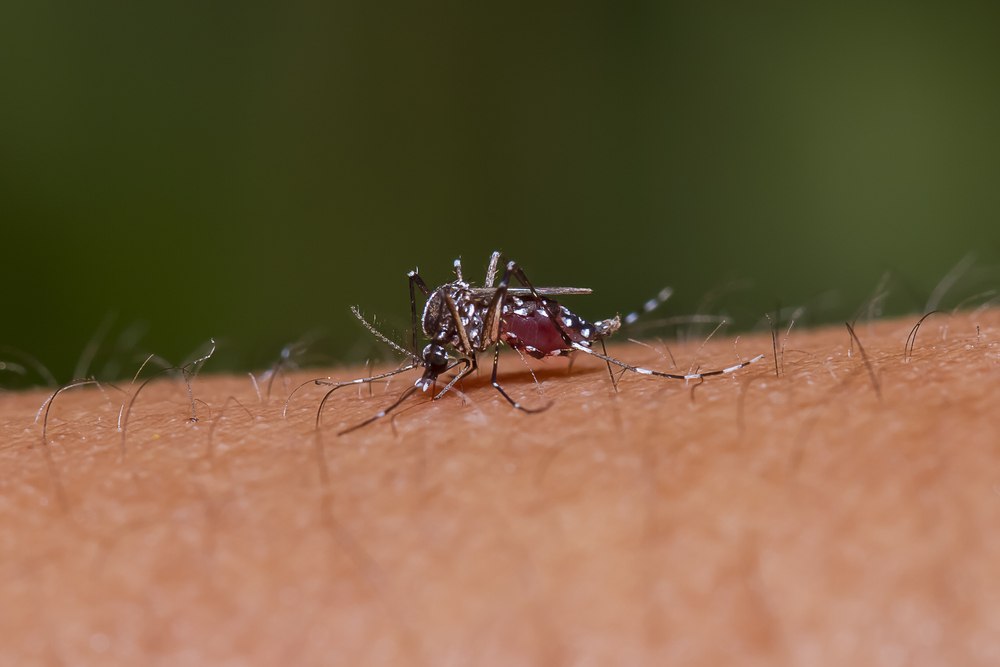
Massachusetts Gov. Charlie Baker filed a bill to help the state combat mosquito-borne diseases like Eastern Equine Encephalitis (EEE) and the West Nile Virus (WNV).
The legislation — An Act to Mitigate Arbovirus in the Commonwealth – would empower the State Reclamation and Mosquito Control Board (SRB) to engage in mosquito control activities across the state should the Department of Public Health (DPH) determine that an elevated risk of mosquito-borne diseases exists.
“After experiencing an unprecedented outbreak of EEE last summer, it’s critical that we act proactively to mitigate the risk of EEE through a coordinated and data-driven approach,” Baker said. “This legislation puts the Commonwealth in a better position to prepare for and respond to the threat of mosquito-borne illnesses, and allows public health experts to work together to safeguard the health and well-being of residents in every city and town across the Commonwealth.”
Currently, the SRB oversees all mosquito control operations in the state, including the mosquito control districts and projects. However, it currently has no authority to independently conduct mosquito control activities in non-member communities that are not part of a mosquito control district. This bill would allow the SRB to respond to the potential for arbovirus and work with DPH and the Governor’s office to ensure appropriate steps are taken based upon the data and scientific information.
“Addressing a public health risk like EEE will require smart, coordinated action across all regions of the Commonwealth,” Lieutenant Gov. Karyn Polito said. “Public health officials and the State Mosquito Control Board will need the ability to respond quickly to another potential outbreak in the coming months, and this legislation empowers them to take necessary actions to mitigate the risk to the public.”
In Massachusetts, mosquitoes can transmit a variety of diseases to humans, including EEE and WNV. EEE has a mortality rate of up to 50 percent, and, for those who survive, 80 percent have serious, permanent neurological damage. WNV can cause illness ranging from a mild fever to more serious disease like encephalitis or meningitis.
EEE comes in three-year cycles, so the state is preparing for a potential spike in cases this summer, Energy and Environmental Affairs Secretary Kathleen Theoharides said.
“My district was deeply impacted by last year’s EEE outbreak, and so I know all too well the need to proactively prepare for this coming season,” Senate President Karen Spilka said. “I have stated from the outset that I believe we need a comprehensive, coordinated, and systematic approach to tackling EEE, and we must ensure that approach covers all corners of the Commonwealth. Protecting the health and safety of all our residents is my top priority, and I am thankful to the Administration for prioritizing this issue as well.”




